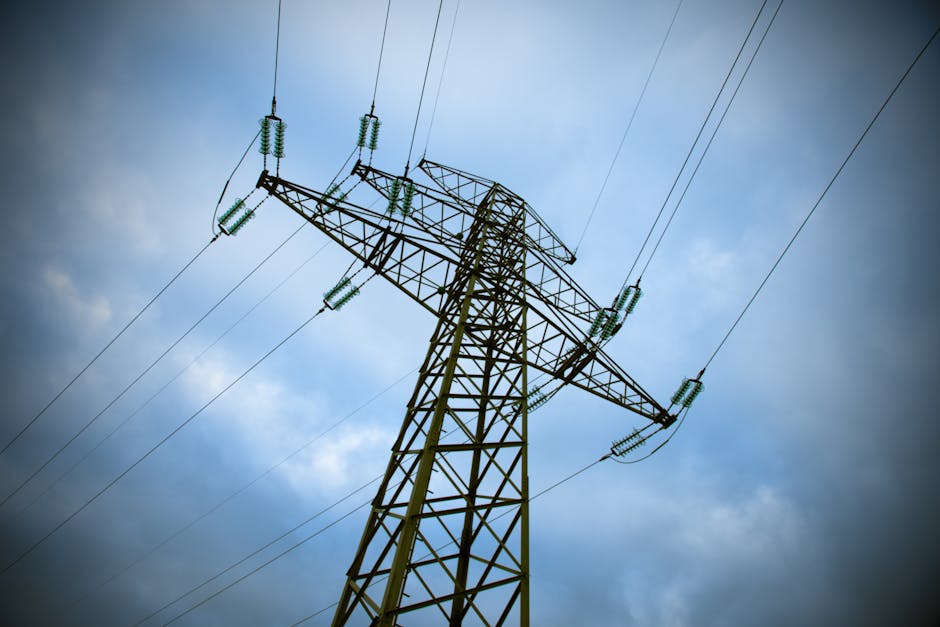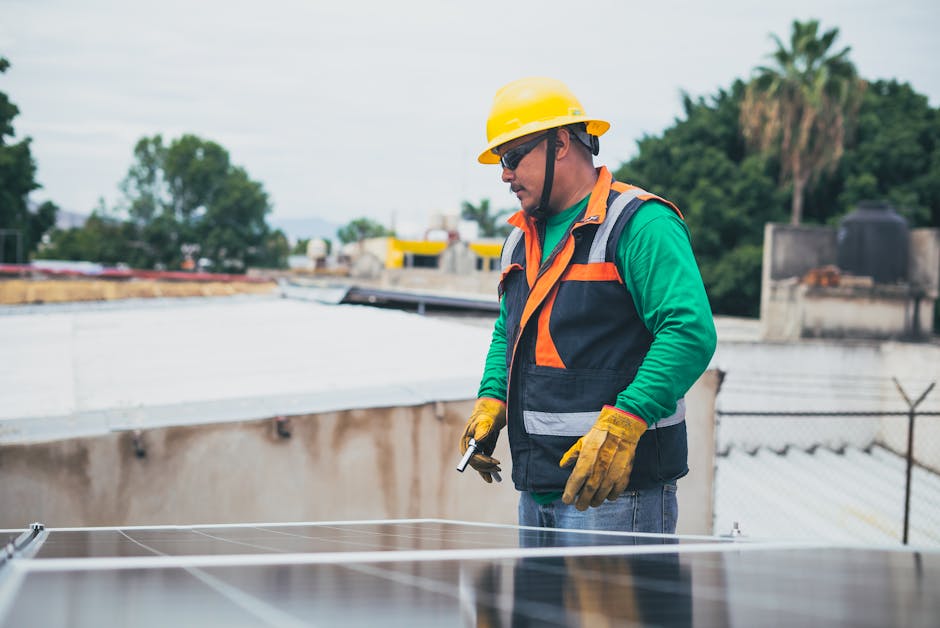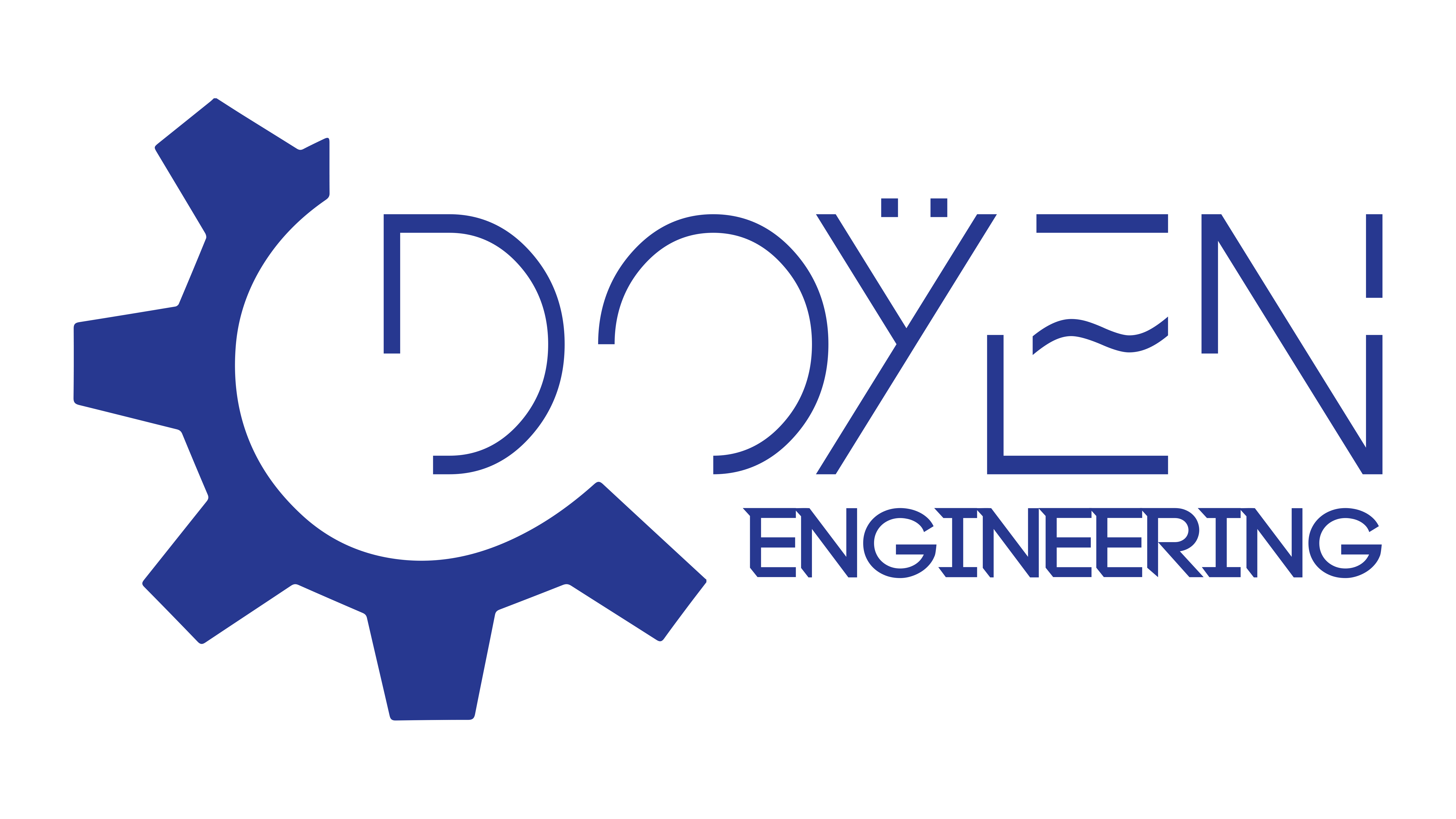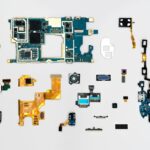
Introduction to Sustainable Energy
Importance of Sustainable Energy
Sustainable energy is not just a buzzword; it's a necessity for a healthier planet and a sustainable future. The significance of embracing sustainable energy sources lies in their potential to reduce greenhouse gas emissions and combat climate change. For instance, when communities switch from coal to solar energy, they not only cut costs but also take substantial steps towards cleaner air and a more sustainable ecosystem. Additionally, sustainable energy contributes to energy security by reducing dependency on imported fuels, which can be volatile in price and availability. The benefits of sustainable energy include:
- Lower environmental impact
- Economic growth through job creation
- Improved public health
Overview of Sustainable Energy Sources
Sustainable energy sources come from renewable resources that naturally replenish over time. The most common ones include:
- Solar Energy: Harnessed through solar panels converting sunlight into electricity.
- Wind Energy: Generated using wind turbines that convert kinetic energy from wind into power.
- Hydropower: Produced from flowing or falling water, often harnessed by dams.
- Geothermal Energy: Utilizes heat from the earth's interior for power generation and heating.
- Biomass: Organic materials, like plant waste, converted into energy.
By utilizing these sources, society can aim for a cleaner, more sustainable future, addressing both current energy needs and preserving resources for generations to come.
The Impact of Electrical Engineers in Sustainable Energy
Development of Renewable Energy Technologies
Electrical engineers play a crucial role in the development of renewable energy technologies. Their expertise is key in designing innovative systems that convert natural resources into usable energy more efficiently. For instance, engineers are constantly working on improving solar panel efficiency and wind turbine design, leading to increased energy output. Consider this:
- Solar Panel Innovation: Engineers are developing bifacial solar panels that capture sunlight from both sides, boosting efficiency.
- Wind Turbine Optimization: Advanced aerodynamics and materials are being utilized to create lighter yet stronger turbine blades.
Integration of Sustainable Energy Solutions
Equally important is the integration of sustainable energy solutions into existing infrastructure. Electrical engineers are tasked with ensuring that renewable energy systems work seamlessly with traditional power grids. This includes:
- Designing smart grid technology that allows for real-time monitoring and management of energy flow.
- Implementing energy storage solutions to balance supply and demand effectively.
Through these efforts, electrical engineers not only promote large-scale adoption of renewable energy but also enhance energy reliability for consumers, paving the way for a sustainable and resilient energy future.

Skills and Expertise Required for Electrical Engineers in Sustainable Energy
Understanding Energy Efficiency
In the realm of sustainable energy, a profound understanding of energy efficiency is essential for electrical engineers. They must grasp how to minimize energy consumption while maintaining performance. For example, by utilizing energy-efficient appliances and optimizing building designs, engineers can significantly reduce energy use. Key skills include:
- Performing energy audits to identify conservation opportunities
- Designing systems that incorporate smart technology for better energy management
- Advocating for sustainable practices across industries
Knowledge of Grid Integration
Equally critical is the knowledge of grid integration. As engineers work to incorporate renewable energy sources into existing grids, they face various challenges related to reliability and stability. This requires:
- Expertise in developing smart grid technologies that can handle fluctuations in energy supply.
- Understanding of energy storage systems to balance peak loads.
- The ability to collaborate with utility companies to ensure a smooth transition to greener energy systems.
By mastering these skills, electrical engineers become pivotal players in transforming the energy landscape, making renewable energy a mainstream solution for the future.
Challenges Faced by Electrical Engineers in Sustainable Energy
Overcoming Technical Limitations
While electrical engineers are at the forefront of advancing sustainable energy, they often face the challenge of overcoming technical limitations. Many renewable technologies, such as solar panels and wind turbines, can be intermittent and dependent on environmental conditions. For instance, during a cloudy week, solar energy generation can drop significantly, leading to energy shortages. Engineers must innovate by:
- Developing hybrid systems that combine various energy sources for reliability.
- Utilizing advanced forecasting tools to predict energy availability.
- Creating flexible energy storage solutions to buffer inconsistencies.
Addressing Cost Constraints
Another significant hurdle is addressing cost constraints. The initial investment for renewable energy systems can be substantial, deterring stakeholders from adopting these technologies. Engineers can help mitigate these concerns by:
- Conducting cost-benefit analyses to demonstrate long-term savings.
- Exploring government incentives or grants to lower upfront costs.
- Innovating cost-effective materials and technologies that reduce production expenses.
By tackling these challenges, electrical engineers can propel the sustainable energy movement forward, making it a viable option for businesses and households alike.

Future Innovations in Sustainable Energy Engineering
Advances in Energy Storage Technologies
As we look towards the future of sustainable energy, one of the most exciting areas of innovation is in energy storage technologies. Electrical engineers are making remarkable strides in developing batteries and other storage systems that can store excess energy generated from renewables. For example, companies are now creating:
- Solid-state batteries that are lighter, with higher capacities and improved safety.
- Flow batteries which can be scaled up for larger energy storage needs, ideal for grid applications.
These advancements promise to ensure a steady energy supply, even during periods of low generation.
Implementation of Smart Grid Solutions
Another pivotal focus is the implementation of smart grid solutions. These systems enable better communication between energy producers and consumers, optimizing energy distribution in real-time. Engineers are leveraging technologies like:
- Advanced metering infrastructure (AMI) for real-time data collection.
- Demand response systems that adjust energy usage based on availability, helping to balance load.
Through these innovations, smart grids not only enhance energy efficiency but also empower consumers to take control of their energy use. As electrical engineers continue to lead these transformative efforts, the sustainable energy landscape will evolve into a more resilient and adaptable system for everyone.





